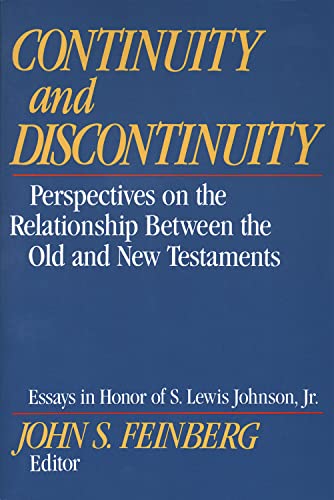First Aid in Pastoral Care
Written by Leslie Virgo (ed.) Reviewed By David AtkinsonCanon Leslie Virgo, Adviser in Pastoral Care and Counselling for the Diocese of Rochester, has brought together a valuable series of essays on aspects of pastoral care to produce what is offered as an introductory handbook. The chapters, many of which first appeared as articles in The Expository Times, cover general issues (the biblical basis, pastoral skills, the needs of those giving pastoral care) and specific areas (age-related issues, marriage and sexuality, race, work, prisoners). Intriguingly there are chapters on the charismatic movement and group work as first aid, and refreshingly, a chapter on pastoral care and worship.
The seventeen contributors are all very skilled in their fields, and the level of the book is aimed at a wide readership of the pastoral caring professions. This is a valuable first resource for theological students and pastors, although each topic is necessarily rather cursorily treated. Some chapters have helpful reference to further referral agencies, and some—but sadly not all—have suggestions for further reading.
While the Christian assumptions of the contributors are clear, the theological basis of the chapters is very variable. Leslie Virgo himself provides a sensitive opening chapter on ‘the biblical basis’, arguing that the pastoral caring role is a conscious acceptance that the carers know themselves to be engaged in the caring response of God to human beings. Pastoral care goes beyond psychological understanding into the implications of God as one who both blesses and curses. Both Testaments point to the blessing of God in giving the power for life: ‘pastoral care is the practical working out and involvement with and in the God who blesses’. But the curse is the deadly ‘dissolution that takes place in the soul’. And in pastoral care, blessing and curse are experienced together: human life is lived in a tension. The discovery of life through death is to experience resurrection as the fulfilment of blessing. Pastoral care moves us forward into resurrection.
Not all the contributors have such a clear theological undergirding, and in some, the agenda seems to be dictated by psychological or sociological insights to which a Christian perspective is rather added on.
There are some really surprising gaps. ‘Stress’, for example, only gets a brief mention in the chapter on adolescence. ‘Anxiety’ does not appear in the index, and though ‘depression’ is mentioned in various chapters (on family, mid-life, suicide, bereavement), one would have thought that such a pressing problem of pastoral care deserved a chapter on its own. Likewise, the care of the divorced only merits nine lines in the chapter on marriage. There is nothing on incest or child abuse.
Thankfully there is a chapter—all too often forgotten in manuals of pastoral care—on the needs of the carer, though the particular stresses found in clergy marriages and families are not really addressed.
There are timely warnings about some of the dangers inherent in some forms of charismatic spirituality, and a most sensible discussion of psychic disturbance. A great lack in the book, however, is any careful consideration of the relationship between pastoral care and the ministry of prayer and sacraments on the one hand, and of the relationship between pastoral counselling and spiritual direction on the other. The assumption of many chapters is of a one-to-one counselling relationship between pastor and person in need, but that model needs to be evaluated in the light both of the corporate nature of Christian growth and discipleship within the Body of Christ, and also of the social context within which pastoral care is offered. The individualized pastoral model needs also to be constantly evaluated in the light of the close links in Scripture between emotional, social and spiritual well-being.
The sociological and psychological perspectives on which many chapters are based provide vital insights for which the pastor can be grateful. But these changing perspectives need constantly to be evaluated in the light of the gospel, and a critical conversation undertaken between theology and the human sciences. There is not enough such critical conversation in this book, which, while good in many ways as far as it goes, does not really engage in the interdisciplinary conversations which are needed to ensure that pastoral care is rooted in the gospel.
David Atkinson
Corpus Christi College, Oxford







